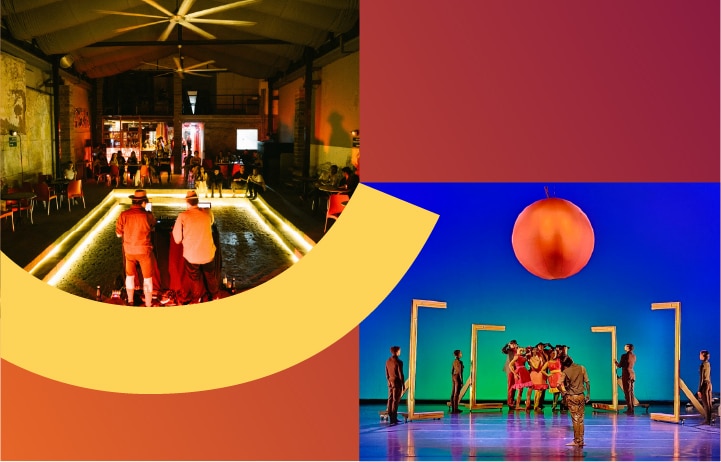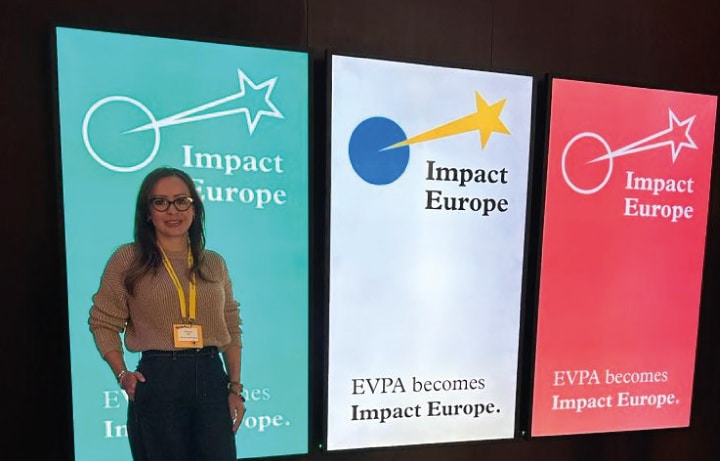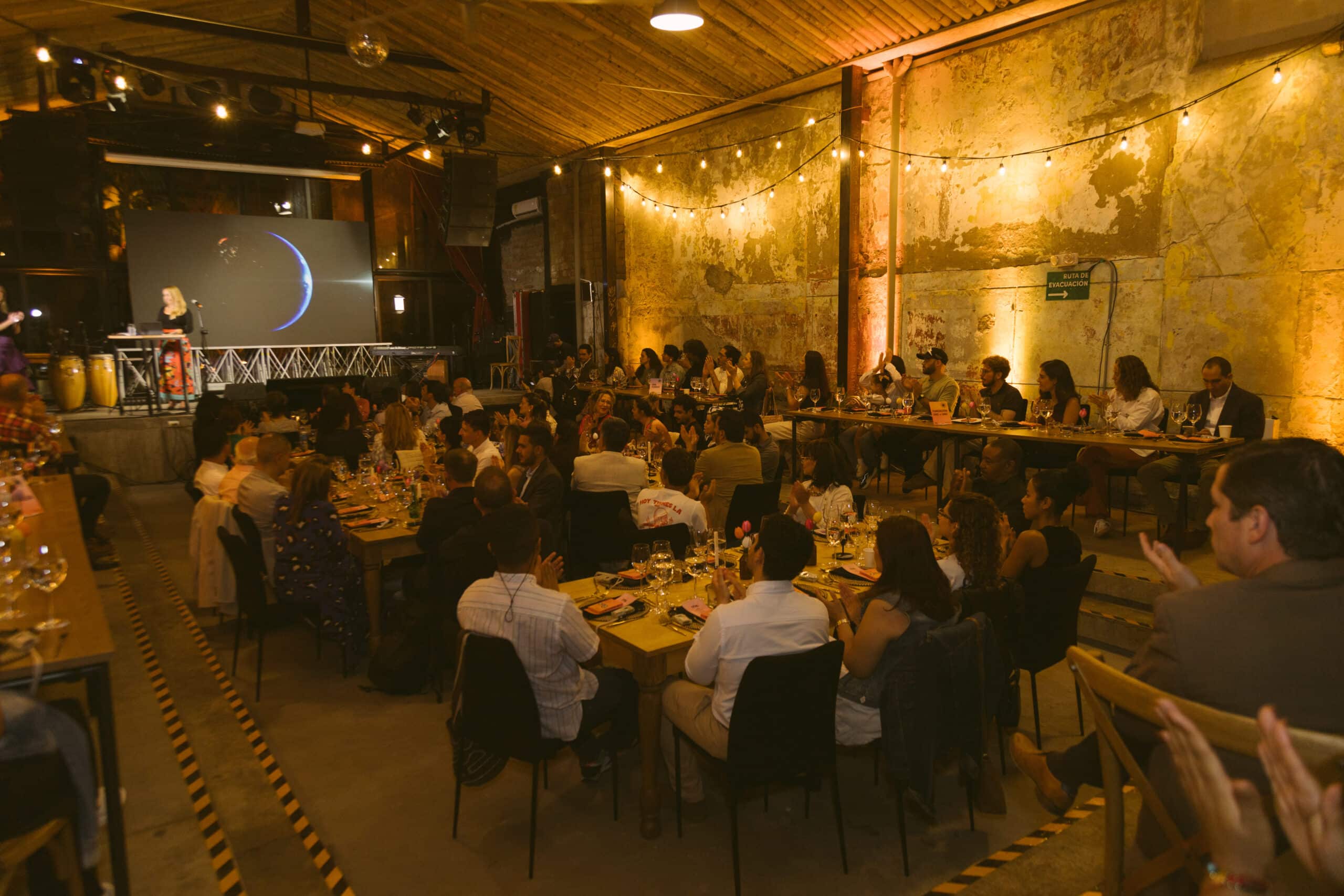Aldo Civico is a distinguished anthropologist, leadership strategist and writer known for his deep critical insight into the social challenges facing communities in diverse regions of the world. Throughout his career he has worked in diverse and complex contexts, from conflict situations to cultural initiatives, bringing his experience and vision to foster social transformation.
In his column “What if donating were not enough?” published in El Colombiano, he invites us to reflect on how we can turn traditional philanthropy into a more active and strategic model that allows us to empower the artistic talent of communities. Based on his experience, Civico highlights the relevance of understanding art not only as a social tool, but also as a force capable of generating a sustainable impact.
At One, we share this perspective and work actively to implement it in projects that reflect our commitment to strategic philanthropy. For example, through partnerships with organizations such as the Ballet Metropolitano de Medellín and La Pascasia, we seek not only to support them with economic resources, but also with strategic capital to contribute to the sustainability of their business models. Our goal is to encourage initiatives that transcend simple donations and ensure that they achieve long-term autonomy.
The Ballet Metropolitano de Medellín, focused on comprehensive training and excellence, represents a clear example of how talent can be an engine of transformation. La Pascasia, for its part, has established itself as a space for experimentation and the meeting of artists, demonstrating that investments in art and culture are essential to build more cohesive and resilient communities.
Civico refers to his colleague Rave who states that “culture is a strategy of revolution, an attempt against the statified perspective of the world; culture is a cry for freedom”. The purpose of this statement is to empower social entrepreneurs by recognizing in them the ability to lead meaningful projects from their own processes.
Today we want to make a call to reconsider the role of philanthropy towards a proactive strategy that increases social impact, where these aesthetic manifestations transcend into powerful instruments for transformation and become visible as essential foundations to build a more inclusive and dynamic future.



